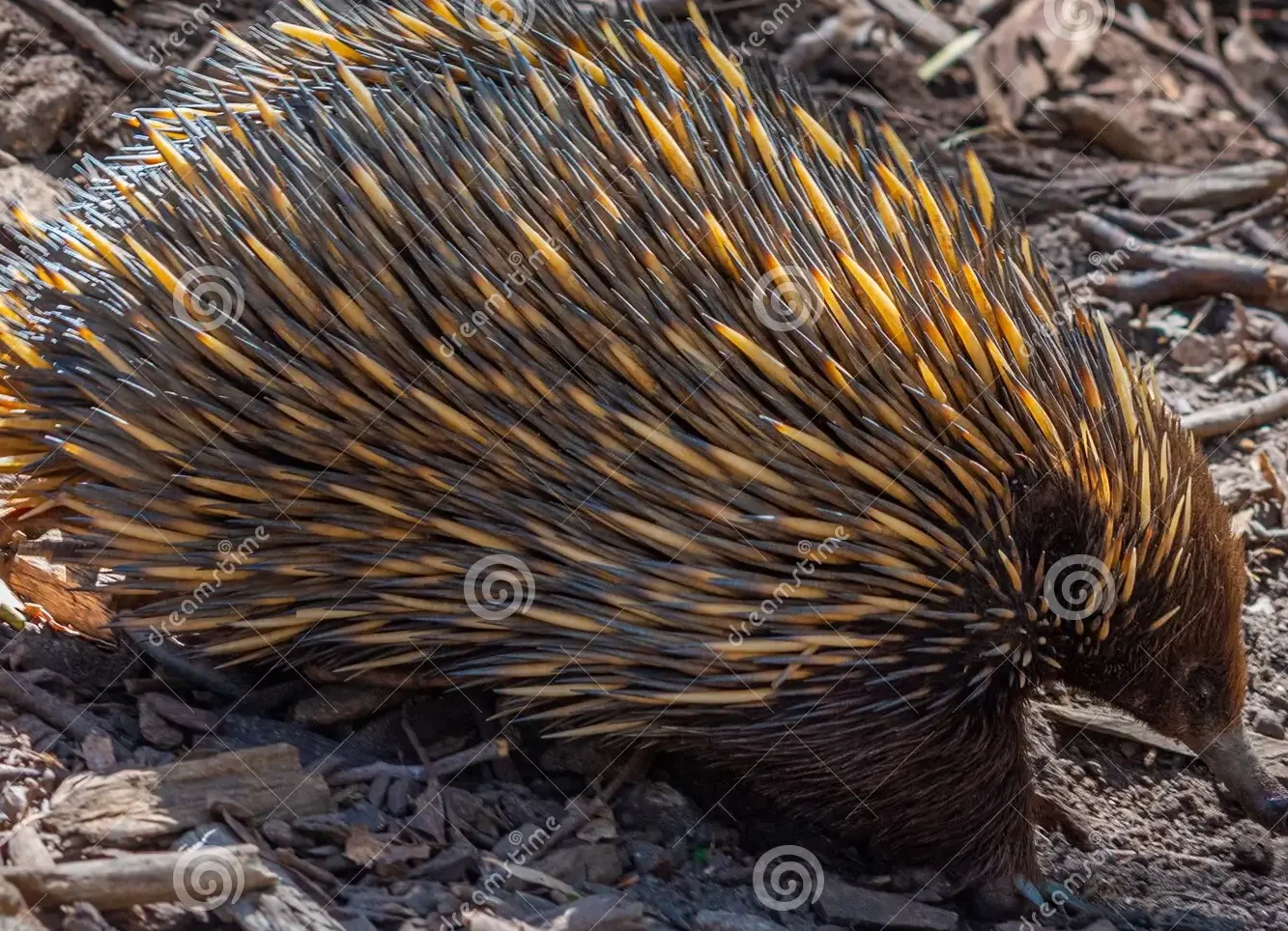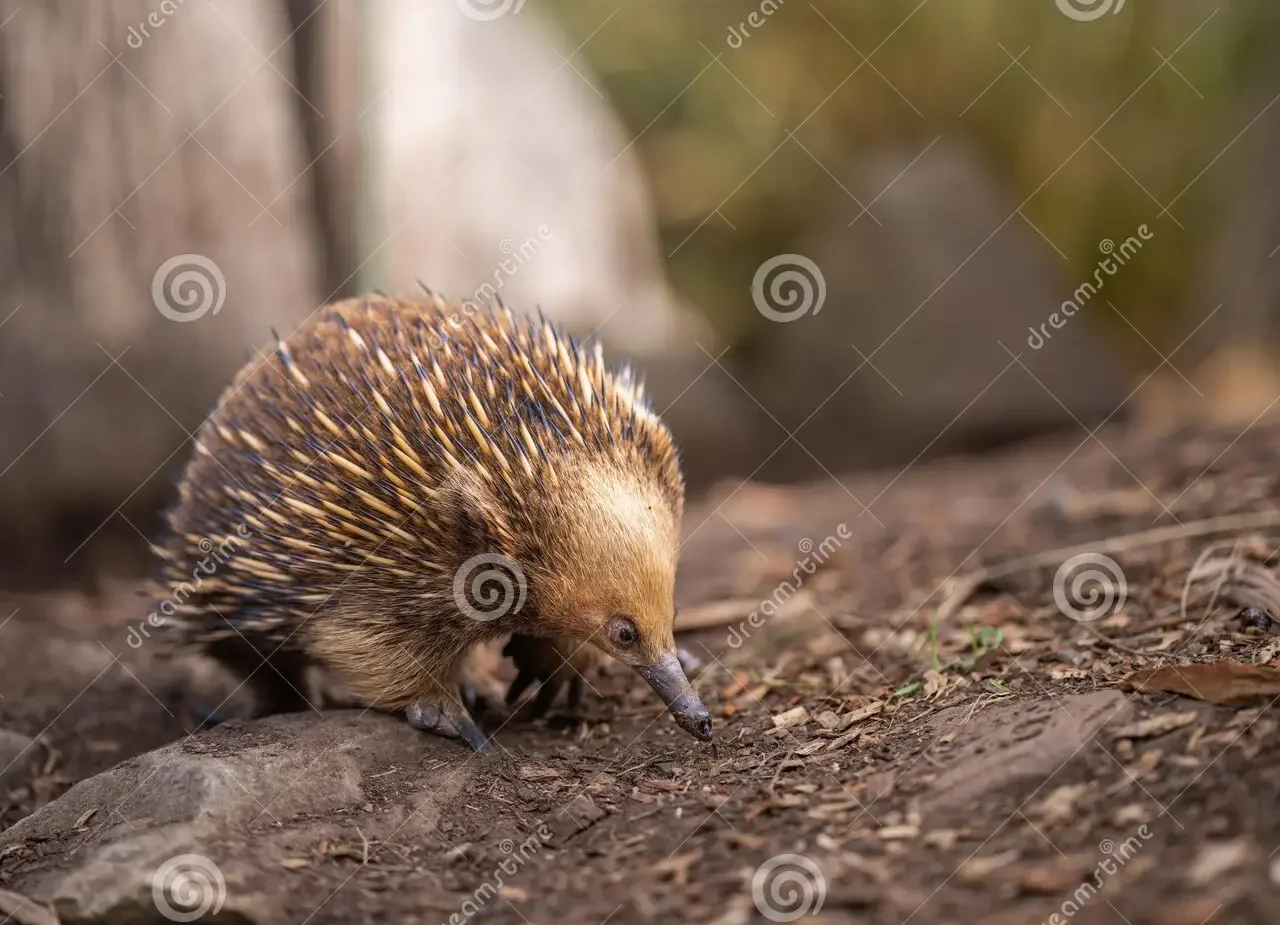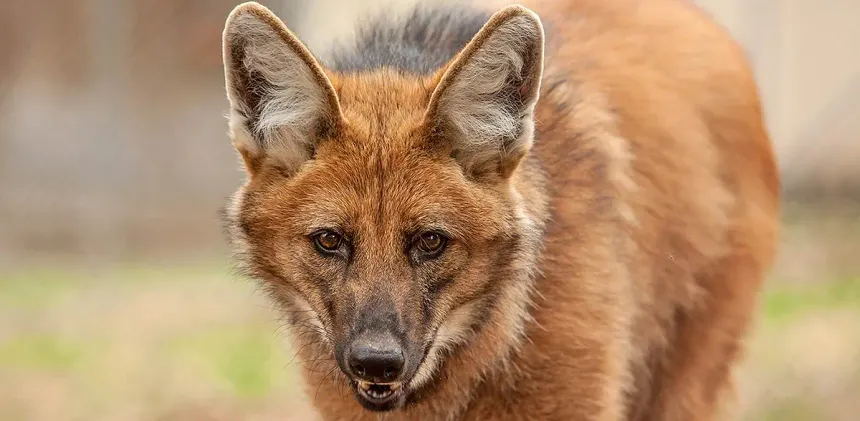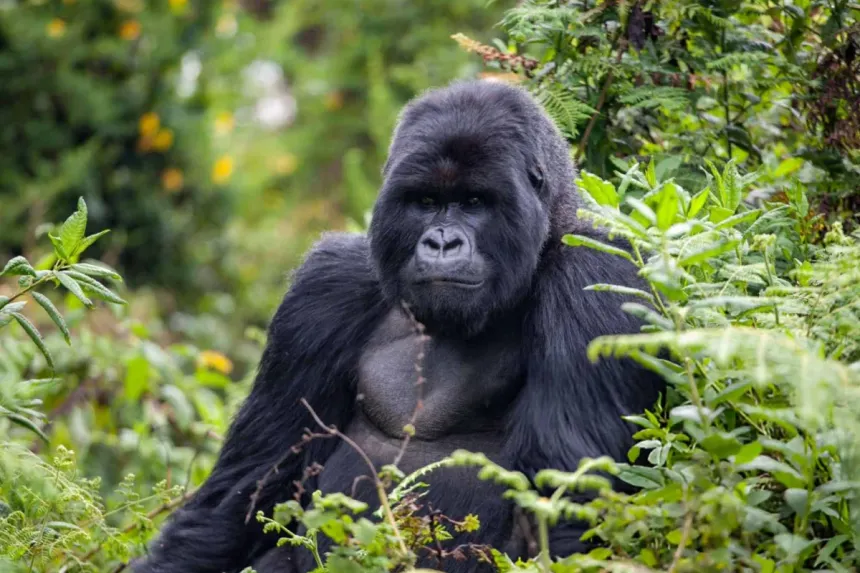Fascinating Facts About Echidnas — Nature’s Spiky Mystery

Fascinating Facts About Echidnas — Nature’s Spiky Mystery
The echidna is one of the strangest and most fascinating creatures in the animal kingdom. Native to Australia and New Guinea, this small, spiny mammal is a living example of evolutionary uniqueness — one of only two egg-laying mammals in the world (the other being the platypus).
Despite their hedgehog-like appearance, echidnas are not related to hedgehogs or porcupines. They belong to a rare group of mammals called monotremes, which lay eggs instead of giving birth to live young — a trait that vanished in most mammals millions of years ago. The female echidna lays just one leathery egg, which she carries in a pouch on her belly until it hatches in about 10 days. The baby echidna, called a puggle, stays in the pouch for several weeks before being moved to a burrow.
Echidnas have no teeth, but they do have a long, sticky tongue — up to 18 cm (7 inches) — that they use to catch ants, termites, and other small invertebrates. Their tongues dart in and out rapidly, making them highly effective foragers.
One of their most unique features is their body temperature. Echidnas have the lowest body temperature of any mammal — around 32°C (89.6°F) — and can enter a hibernation-like state called torpor during cold weather to conserve energy.
Echidnas are also masters of defense. When threatened, they curl into a spiky ball or dig themselves quickly into the ground, leaving only their sharp spines exposed. Their spines are modified hairs, much like those of a porcupine.

Though they seem solitary and slow, echidnas are surprisingly strong diggers. Their short limbs and large claws allow them to tear into logs and soil with ease. And even without external ears, they have excellent hearing, aided by sensitive receptors on their snouts.
These quirky, ancient mammals may be elusive, but they play an important role in their ecosystem — breaking down ant and termite populations and aerating the soil as they dig. In a world full of fast-paced predators and towering animals, the echidna is a quiet, armored oddball — and one of evolution’s greatest surprises.




